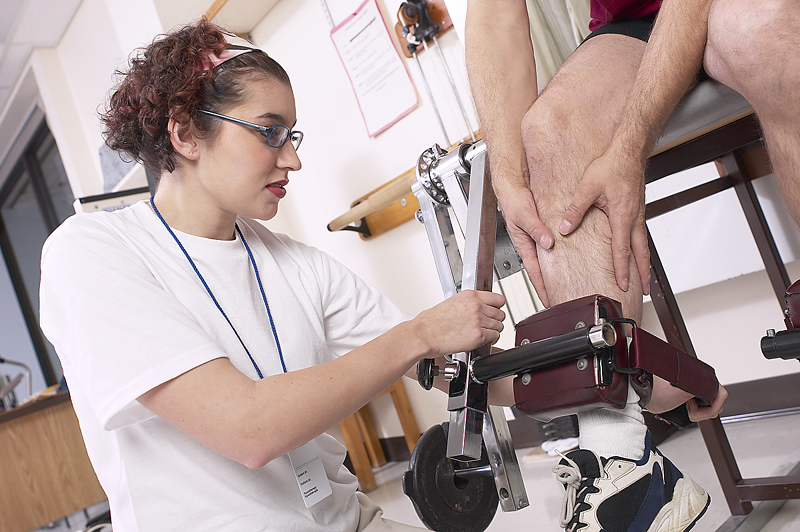
TUESDAY, March 30 (HealthDay News) — Hormone replacement therapy directed to joint fluid may help regenerate damaged cartilage tissue in people with advanced osteoarthritis, according to German researchers.
Their study aimed to examine the regenerative potential of a type of cell — chondrogenic progenitor cells, or CPCS — that is present in the late stages of osteoarthritis. The researchers speculated that these cells might be influenced by the sex hormones estrogen, which has been shown to affect bone metabolism, and testosterone.
They analyzed tissue samples from 372 men and women with arthritis who’d had a total knee replacement. Most were in their early 70s.
In the joint fluid of the participants, they found 17 beta-estradiol, a form of estrogen, which they said increases calcium deposition in both sexes. And, in the osteoarthritic tissue, they found CPCs positive for estrogen receptors and androgen receptors.
The researchers, also found that unique CPCs were present in the cartilage of people with late-stage osteoarthritis (OA).
“We were able to isolate CPCs in 95.48 percent of female patients and 96.97 percent of male patients, making these cells a good target for future therapeutic intervention for a very large number of OA patients,” Dr. Nicolai Miosge, from August University in Goettingen, said in a news release from Wiley-Blackwell, which publishes Arthritis & Rheumatism.
The findings are reported in the journal’s April issue.
“Hormone replacement therapy in joint fluid may help mitigate the effects of OA,” Miosge concluded, adding that further investigation was needed.
More information
The Arthritis Foundation has more about osteoarthritis.

